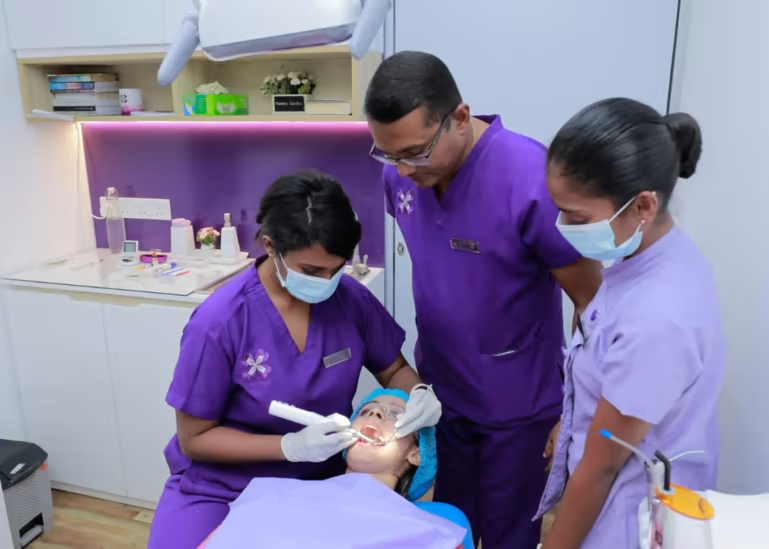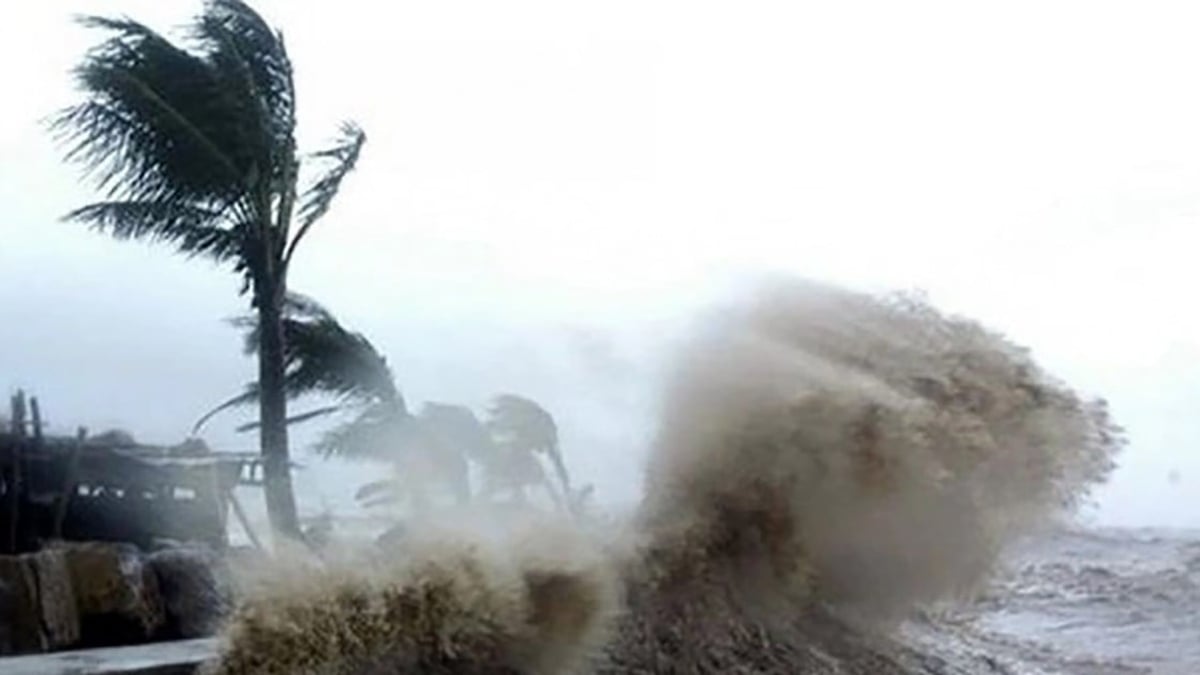Despite the record “brain drain” that occurred in Sri Lanka following the economic crisis, a segment of intellectuals are determined to stay and join efforts to restore the country.
As Sri Lanka sank into an economic crisis, dentist Lakmal Kulasekara watched many in his field pack up and leave. Despite the dire situation, he was determined to stay. “My education was paid for by the Sri Lankan people, including the poor, and if I don’t pay it back, I’m not a man,” Kulasekara said, referring to the country’s free publiceducation system. “Yes, the country is in crisis. But if everyone chooses to leave because of this, what will happen?” As the founding director of Danthaja Premium Dental Chambers, which provides dental services in a luxury shopping mall in the capital Colombo, Kulasekara has found his own way to support the country’s economy by attracting foreign patients and promoting dental tourism.
Since last year, when Sri Lanka defaulted on its debt and protests forced Gotabaya Rajapaksa to resign as president, more than 300,000 Sri Lankans have decided they can no longer wait. From professionals to manual workers, they have fled abroad to escape high inflation, tax hikes and severe shortages of fuel, food and medicine. Now, this unprecedented “brain drain” poses an urgent challenge to the government of Rajapaksa’s successor, President Ranil Wickremesinghe. It is a race against time as key sectors such as health and information technology (IT) struggle with staff shortages.
 |
| Lakmal Kulasekara and his staff at a dental clinic in Colombo, Sri Lanka. Photo: Nikkei Asia |
In 2022 alone, more than 700 doctors and 125 medical consultants left Sri Lanka. That may not seem like a lot compared to the roughly 20,000 doctors and 2,800 consultants in the country. But the rapid exodus in such a short period of time is alarming for the health sector. Dr. Dharshana Sirisena, president of the Sri Lanka Medical Staff Association, said government-run hospitals, which mainly serve the poor and middle class, are under immense pressure.
“In the last two years, 23 out of 30 emergency department doctors in public hospitals have left the country. At least five neurologists out of 29 have left and out of eight who went abroad for training, only two have returned,” Sirisena said. It is not easy to replace these people because it takes about seven years to train a doctor and at least 10 years to train a specialist, he said. Meanwhile, the IT industry in Sri Lanka has also lost a lot of talent after the economic crisis. According to the Sri Lanka Computer Association, at least 10,000 IT engineers have left the country.
Despite the growing pressures of a shortage of staff, some doctors have stayed in Sri Lanka with no regrets. “I have received offers from Western countries,” said Yasuni Manikkage, a urologist at Sri Jayewardenepura General Hospital in Colombo. “The salary is higher, but the personal happiness and job satisfaction are lower.” The IT industry has similar stories of those determined to stay. When Sri Lanka hit a rough patch, tech entrepreneur Beshan Kulapala, former CEO and co-founder of electronics manufacturer Vega Innovations, did not consider leaving.
Kulapala is one of the Sri Lankans who have gone abroad to study, work and return to contribute to the country's economic development. Having worked for Intel Corporation in the US for nine years, Kulapala said he never felt at home despite receiving a very high salary. Another reason is that he does not want his children to be disconnected from their roots. According to him, Sri Lankans abroad can still contribute to the country even if they do not return. "Indians living in the US have brought projects back to India. So we can do the same," Kulapala said.
To revive the economy, President Wickremesinghe is working to restructure Sri Lanka’s debt, while also boosting ties with key partners such as India and France. Another key to Sri Lanka’s economic revival may be those who decide to stay and stick around, whether out of obligation or for other reasons, Nikkei Asia said.
LAM ANH
*Please visit the International section to see related news and articles.
Source


![[Video] More than 100 universities announce tuition fees for the 2025–2026 academic year](https://vphoto.vietnam.vn/thumb/1200x675/vietnam/resource/IMAGE/2025/7/18/7eacdc721552429494cf919b3a65b42e)



























































































![[Infographic] In 2025, 47 products will achieve national OCOP](https://vphoto.vietnam.vn/thumb/402x226/vietnam/resource/IMAGE/2025/7/16/5d672398b0744db3ab920e05db8e5b7d)





Comment (0)